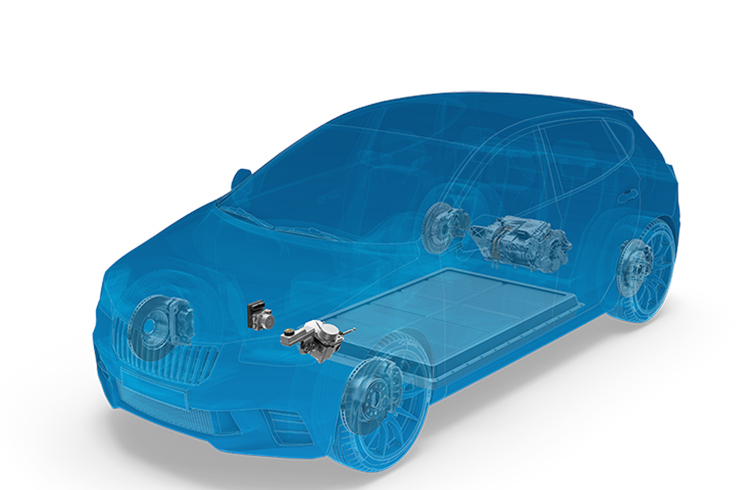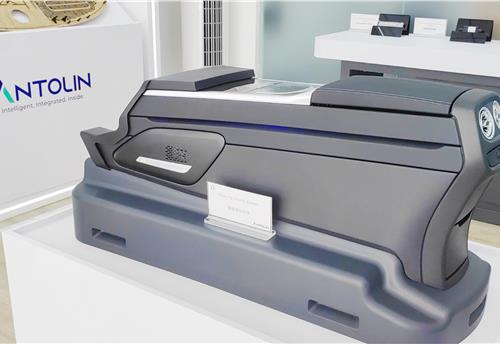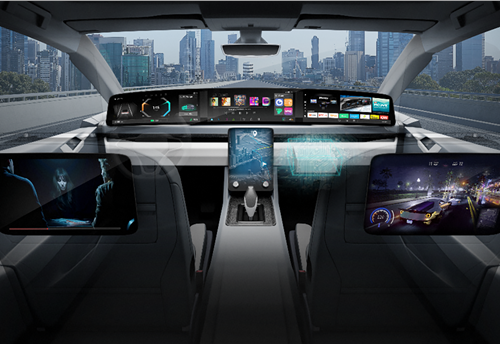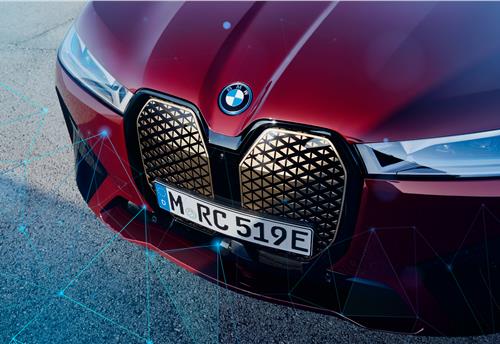ZF’s new EV braking system standard on entire Volkswagen MEB-derived cars
State-of-the-art brake control system to be used across complete model range of Volkswagen’s MEB platform
ZF’s latest brake control solutions will be established as standard in Volkswagen’s ID.3 and ID.4 models as well as in Volkswagen Group’s globally marketed modular e-drive system MEB platform. With its new brake control, ZF says it can help to meet high comfort and safety requirements. Furthermore, it optimises the recovery of braking energy – increasing the range and everyday usability of electric vehicles.
Volkswagen Group’s order for the new ZF brake control system covers several million vehicles – starting with the recently introduced ID.3 and ID.4 and continuing with future models based on the manufacturer’s MEB e-drive platform MEB. With an optimized software interface, ZF's new braking system can be integrated and networked even more easily into the electronic architecture of the vehicles.
The ZF system also supports driver assistance features such as automatic emergency braking. In addition, ZF's solution replaces previously necessary mechanical components (such as the parking lock) with software functions, which saves both weight and costs.
"We meet the trend toward electromobility with our entire range of technological solutions – not just in driveline technology," says Wolf-Henning Scheider, CEO of ZF Group. "This supply order from Volkswagen emphasizes how our competencies for braking systems as well as for networked systems contribute to increasing the range of our customers electric vehicles. To this end, our systems help to meet high comfort and safety requirements."
On a technical level, ZF brake control is based on a combination of the company’s electronic brake booster (EBB) and its electronic stability control (ESC). The system is part of a software network housed in the stability control unit. It helps meet stringent safety standards set by the European road safety association EuroNCAP. New testing protocols for functions such as automatic emergency braking drive the need for more powerful boost to provide braking force even faster and more dynamically.
RELATED ARTICLES
Antolin unveils sustainable tech solutions at Beijing Motor Show
In line with its China market roadmap, Antolin is showcasing its latest advances in lighting, HMI, electronics, and sust...
Visteon wins $1.4 billion in new business in Q1 2024, launches 26 new products
Digitisation of vehicle cockpit megatrend is a key growth driver for Visteon with over $400 million of displays wins; Vi...
BMW uses Catena-X ecosystem using real-world CO2 data to enhance quality
Working together with partners and suppliers, the company has modelled a complete data chain for the first time using re...





 By Autocar Pro News Desk
By Autocar Pro News Desk
 26 Jan 2021
26 Jan 2021
 7640 Views
7640 Views









